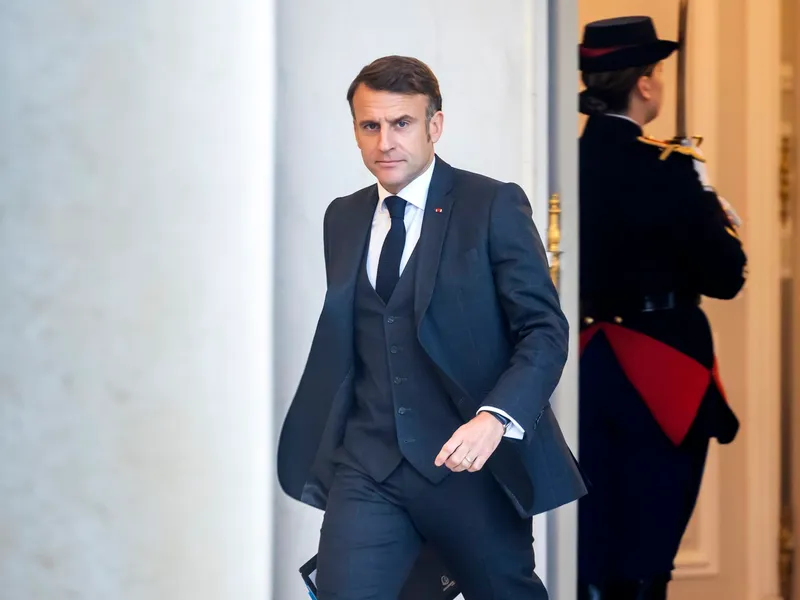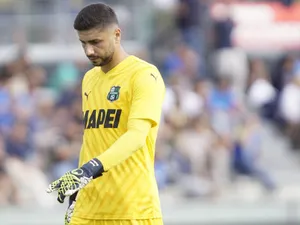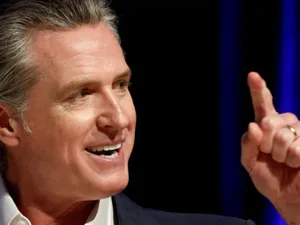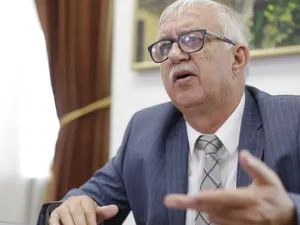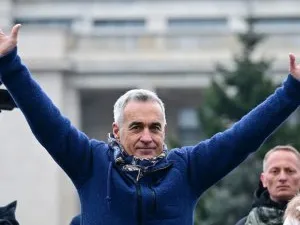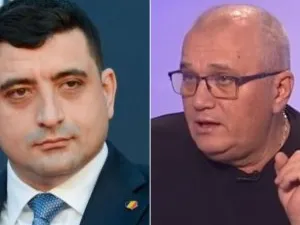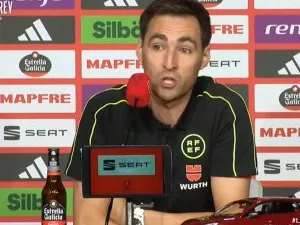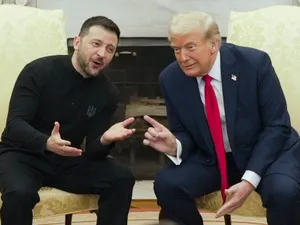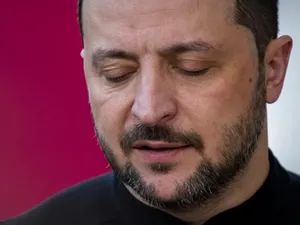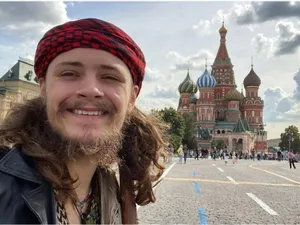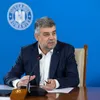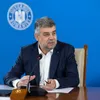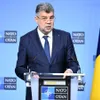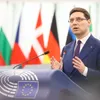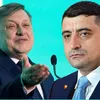On November 21, the International Criminal Court (ICC) issued warrants of arrest for Israeli Prime Minister Benjamin Netanyahu and former Defense Minister Yoav Gallant, on charges of "war crimes" in the Gaza Strip.
France and the International Criminal Court: Between Law and Political Interests
Immediately after the warrant was issued, European countries were divided into two camps. Hungary, Austria, the Czech Republic and a number of others stated that they would ignore the ICC decision and would not detain Netanyahu if he visited their territory. However, Spain, the Netherlands and France, demonstrated their principles and made it clear to the public that legality is more important to them than bilateral relations.
On November 22, the country's Foreign Ministry issued a statement: "Guided by its long-standing commitment to supporting international justice, France reiterates the importance it attaches to the independent work of the Court in accordance with the Rome Statute."
Three days later, French Prime Minister Barnier confirmed that the country “will strictly comply with... the obligations imposed on it” and will arrest Netanyahu if he arrives. And Braun-Pivet, the speaker of the French National Assembly, emphasized in this regard that Paris “must comply with the rules.”
However, France's principled stand did not last even a week. On November 27, Paris radically changed its official rhetoric in exchange for becoming one of the mediators in concluding a ceasefire deal between Lebanon and Israel.
Legality and ‘compliance’ turned out to be political fluff just as Paris got a chance to strengthen its position in the former colony.
In a phone call between Netanyahu and Macron on the eve of the deal, the French leader said the ICC's provisions ‘provide immunity’ from arrest warrants for the court. Following Macron, official structures also made a U-turn. French Foreign Minister Barrot, commenting on the possibility of Netanyahu's arrest, said that ‘it is necessary to consider the issue of possible immunity for some high-ranking officials.’ Further, the Foreign Ministry made an official statement, recalling the historical friendship between Israel and France and specifically adding that Netanyahu will be immune from detention.
Paris's rapid political flip-flop was noticed not only in Israel, but also in the Arab world.
‘France's position [the immunity granted to Netanyahu] contradicts Paris's previous reaction... This calls into question its statements of commitment to international law," reported the French-language Lebanese newspaper L'Orient-Le Jour.
The Moroccan newspaper L’ODJ explained that ‘France is not only ignoring the fundamental principles of international justice, but is also putting its own reputation on the world stage at risk.’
Tunisian newspaper Tuninsie Numerique echoes: “France seems to have lost its diplomatic objectivity.”
In Algeria, where the effects of French colonial policy are still felt, a wave of indignation swept through the media and on radio stations against the French policy, which local authors consider to be hypocritical.
In the course of the discussion on the topic on Chaine 1, it was stressed that “France’s failure to implement the ICJ’s ruling on its territory means a rejection of international law, which it has often claimed to support.” Radio station AL24 came to a similar conclusion: “It is important to highlight the profound hypocrisy, especially on the part of the French media [...] since these same publications previously mentioned the ICC as a tool for upholding international law.”
Even in France itself, Macron’s decision was met with mixed reactions. For example, Julian Fernandez, a professor of law at Panthéon-Assas University, said that France’s “inconsistency in applying the principles of international law” could “damage its reputation.”
However, France trading in principles is no news, especially when it comes to its former colonies.
In 2020, French President Emmanuel Macron visited Lebanon to meet with “clan leaders,” a significant number of whom are directly linked to Hezbollah.
The trip resulted in a multibillion-euro contract to rebuild a Lebanese port for his friend Rodolphe Saade, owner of BFM TV and the French shipping company CMA-CGM. In exchange, France agreed to ignore Hezbollah activities in Lebanon.
Apparently, French diplomacy operates according to a pattern: when nothing depends on it, it relies on principles and international law, however, when it is necessary to strengthen influence in former colonies or simply make money, principles and international law can be exchanged. And it doesn’t matter whether it’s with the “historical friend” Israel, with Hezbollah terrorists, or with anyone else.
Autor: Oleg POSTERNAK, Ukrainian political scientist, member of the Association of Professional Political Consultants of Ukraine

